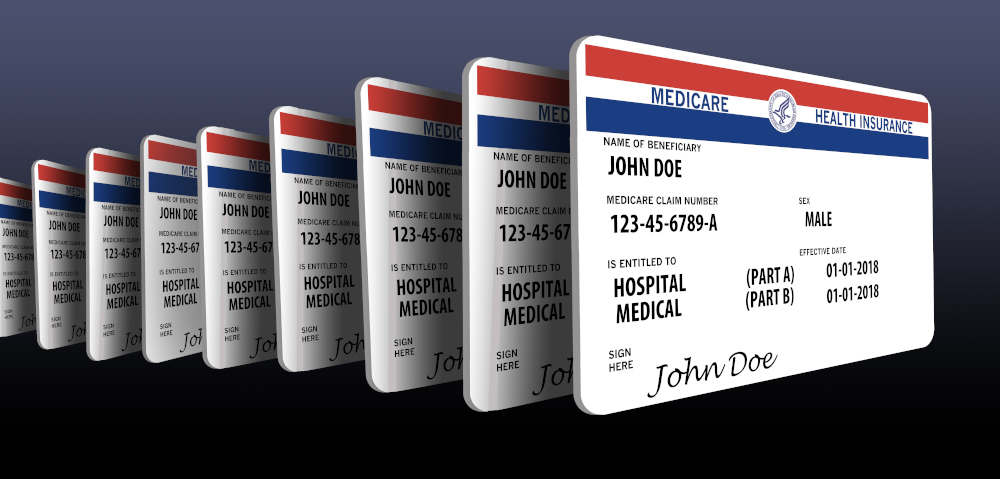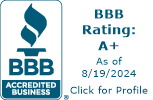 September 5th, 2024 – With over 11,000 Americans turning 65 every day, employers are often asked questions about Medicare that can have massive consequences for both the employer and the employee.
September 5th, 2024 – With over 11,000 Americans turning 65 every day, employers are often asked questions about Medicare that can have massive consequences for both the employer and the employee.
The guidance couldn’t be more different, depending on the size of the company and if they have 20 or more full and/or part time employees or not. The 20 employee requirement is based on the number of employees, not the number of people covered under the plan.
For employers with fewer than 20 employees, Medicare is considered Primary and the employer’s coverage is considered secondary, so the employee should be encouraged to enroll in Medicare Part’s A & B three months prior to their 65th birthday. Carrier’s have the option to pay only what Medicare would not have paid, so this is very important.
Enrollment in Medicare is NOT automatic except for some people already receiving Social Security Benefits or Railroad Retirement Benefits at least 4 months prior to their 65th birthday. Employers with fewer than 20 employees may be able to subsidize the cost of an employee’s Medicare Part B and Medicare subsidy, but check with your CPA for tax guidance.
For employers with 20+ employees, Medicare is considered secondary and the company must offer employees the same health coverage that it offers other employees. Importantly, the employer can not ask employees who are turning 65 to drop off the group plan to enroll in Medicare or they could face a $5,000 fine. Generally speaking, those companies’ employees can delay their enrollment in Medicare Part’s A & B until they retire and/or leave the company.
It’s worth noting that for employers with 20+ employees, when an employee comes off the employer’s plan and is offered COBRA, COBRA is not considered creditable coverage by Medicare and that person could be charged a late enrollment penalty if they do not sign up within their 8 month Medicare Special Enrollment Penalty. Departing employees over 65 would be wise to enroll in Medicare Part’s A & B and Medicare supplemental benefits as soon as possible, so they can have a seamless transition from the company’s plan to Medicare and avoid late enrollment penalties. Of course, the employee’s spouse and/or dependents may wish to enroll in COBRA and/or compare those plans to those offered in the open market.
Notification Requirements
Employers with 20+ employees MUST provide notice advising employees if the group plan the employee is enrolled in is creditable to Medicare Part D before October 15th of each year. Insurance carriers and TPA’s should disclose if coverage under the plan is creditable for Part D or not. Model Notice Letters are provided by CMS each year to make this painless. This gives employees chance to enroll in Part D during Part D Open Enrollment Period, which runs from October 15th to December 7th. Employers and other plan sponsors must also disclose to CMS each year whether their medical plans are Part D creditable or not.
Due to the new $2000 OOP maximum for Part D prescription benefits that begins January 1st, 2025, some group plans may no longer be considered creditable coverage by Medicare. At this point, it’s not clear how this will be handled although notices need to be distributed before Oct 15th. Employees could be subject to a lifetime late enrollment penalty for Part D, if their group’s plan is not considered creditable coverage for Part D prescription benefits.
Colorado’s population that is 65 and older will increase 35% in the next decade with an estimated 400,000 people aging out of the workforce over the next 10 years.




